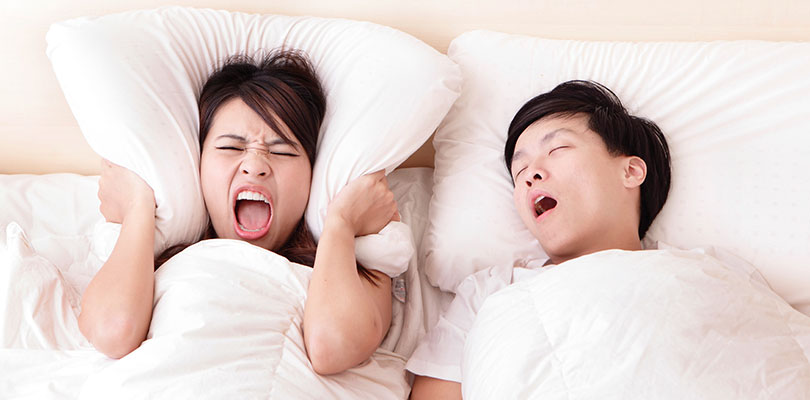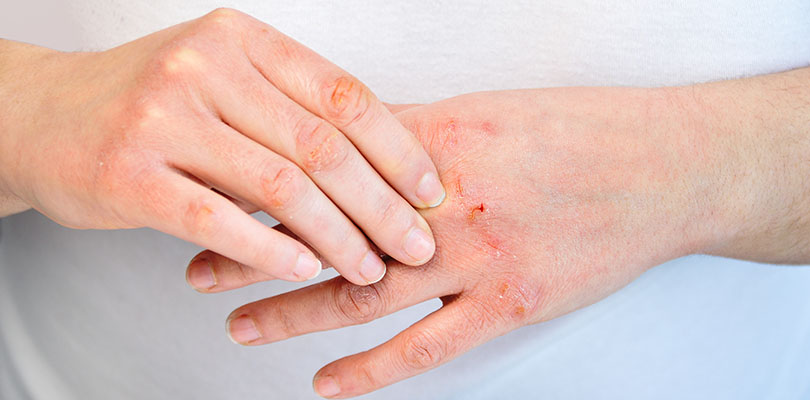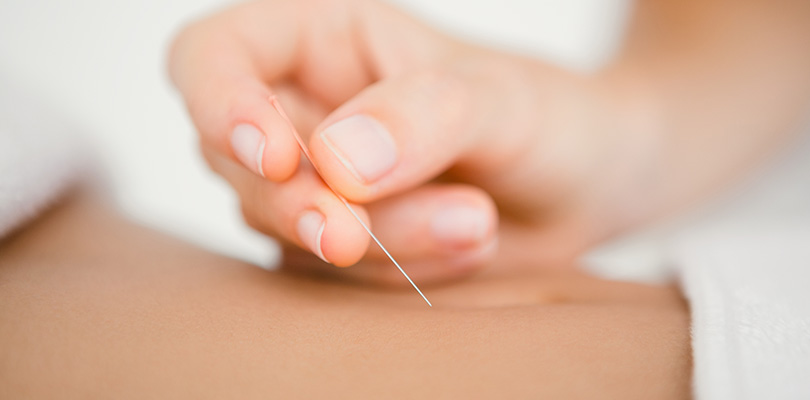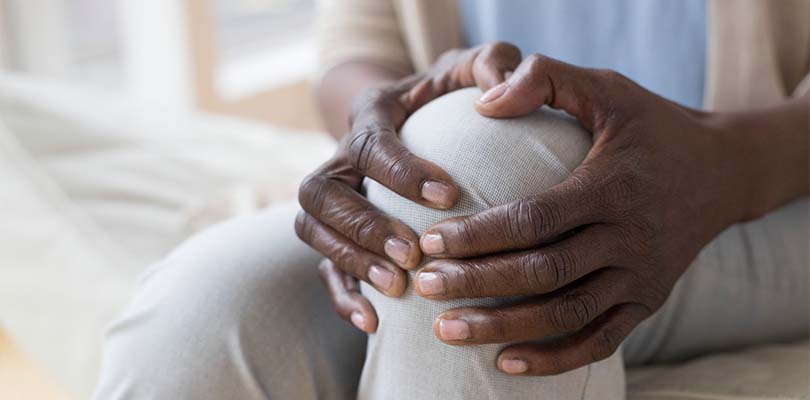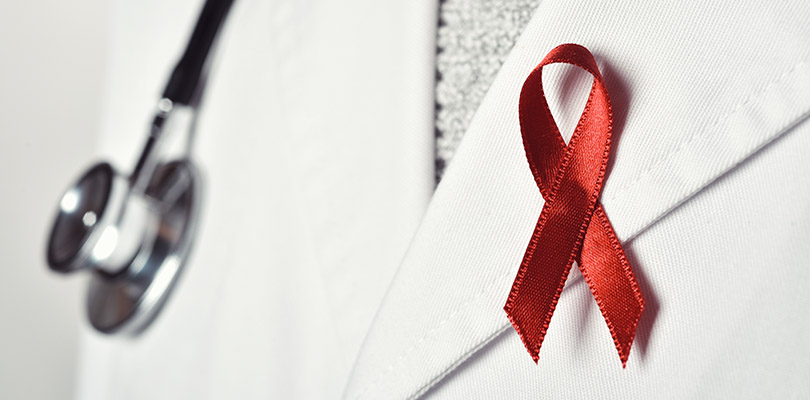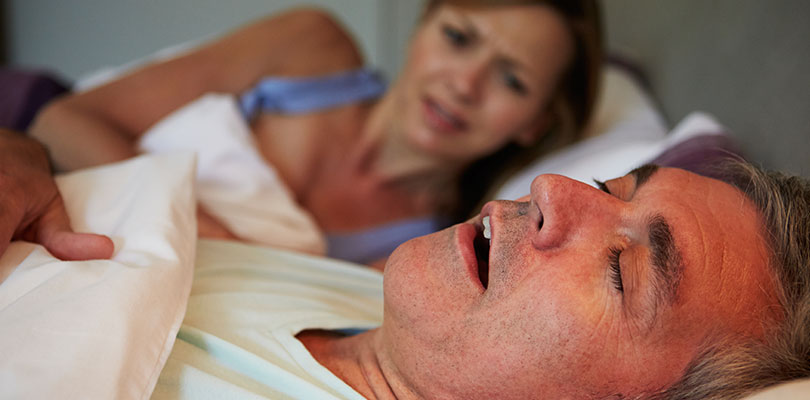
Photo Credit: monkeybusinessimages / iStockPhoto.com
4. Sleep Apnea
Sleep apnea is when a person temporarily stops breathing in their sleep due to a blockage of air passages, sometimes caused by smaller than normal air passages. A less common form of sleep apnea, central sleep apnea, is due to altered brain signals.
Your sleep quality is likely to be poor if you suffer from sleep apnea, as you may not reach the deeper restful stages of sleep and you may awaken countless times during the night. As a result you may suffer from daytime fatigue.
If you suspect that you might suffer from sleep apnea, consult with your health care provider, who may refer you to a sleep specialist. Your partner may be more aware of your symptoms than you are.
Sleep apnea is associated with hypertension and increased risks for cardiovascular disease, including strokes and heart attacks. If you have sleep apnea you may need to use a special breathing machine at night that delivers pressure in order to keep your airways open.
Sleep apnea is sometimes associated with obesity, so taking off excess weight is helpful. Changes in sleeping position may be beneficial. If you drink alcohol, your sleep apnea may worsen.
Atopic dermatitis (AD) is a common type of eczema which first presents itself in children and may persist into adulthood. Learn more about AD here.
